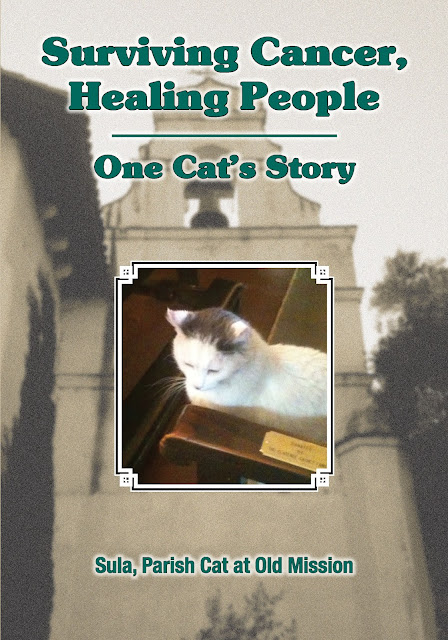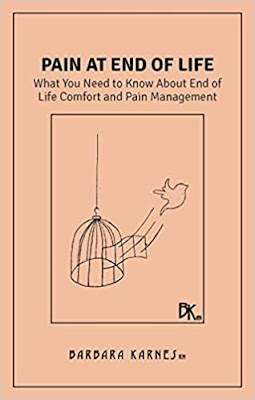Cancer Diary: Life, Liberty, and Covid

Excerpt from the pre-publication manuscript: Chapter 13 HOW DO WE USE OUR FREEDOM? “The only real prison is fear, and the only real freedom is freedom from fear.” --Aung San Suu Kyi · When the lockdowns began in March 2020 to stop the spread of the Coronavirus, “to flatten the curve,” we were shocked at this drastic measure. It underlined the seriousness and deadliness of the pandemic. We imagined the shutdown opening after a brief time. My friends and I exchanged humor and cartoons to help us cope with the shock and avoid panic. (The joking has slowed, almost to a standstill.) One cartoon was prescient of a coming attitude and agenda shift. It was a cartoon of a smiling Jim Carrey saying, “Hope they allow us off lockdown by July 4 th …so we can celebrate our freedom.” · His humor carries a stinging truth. Disillusionment has set in on a national scale. The lockdown was eased, but COVID-19 cases rose and States are closing down businesses and gatherings again. We are






